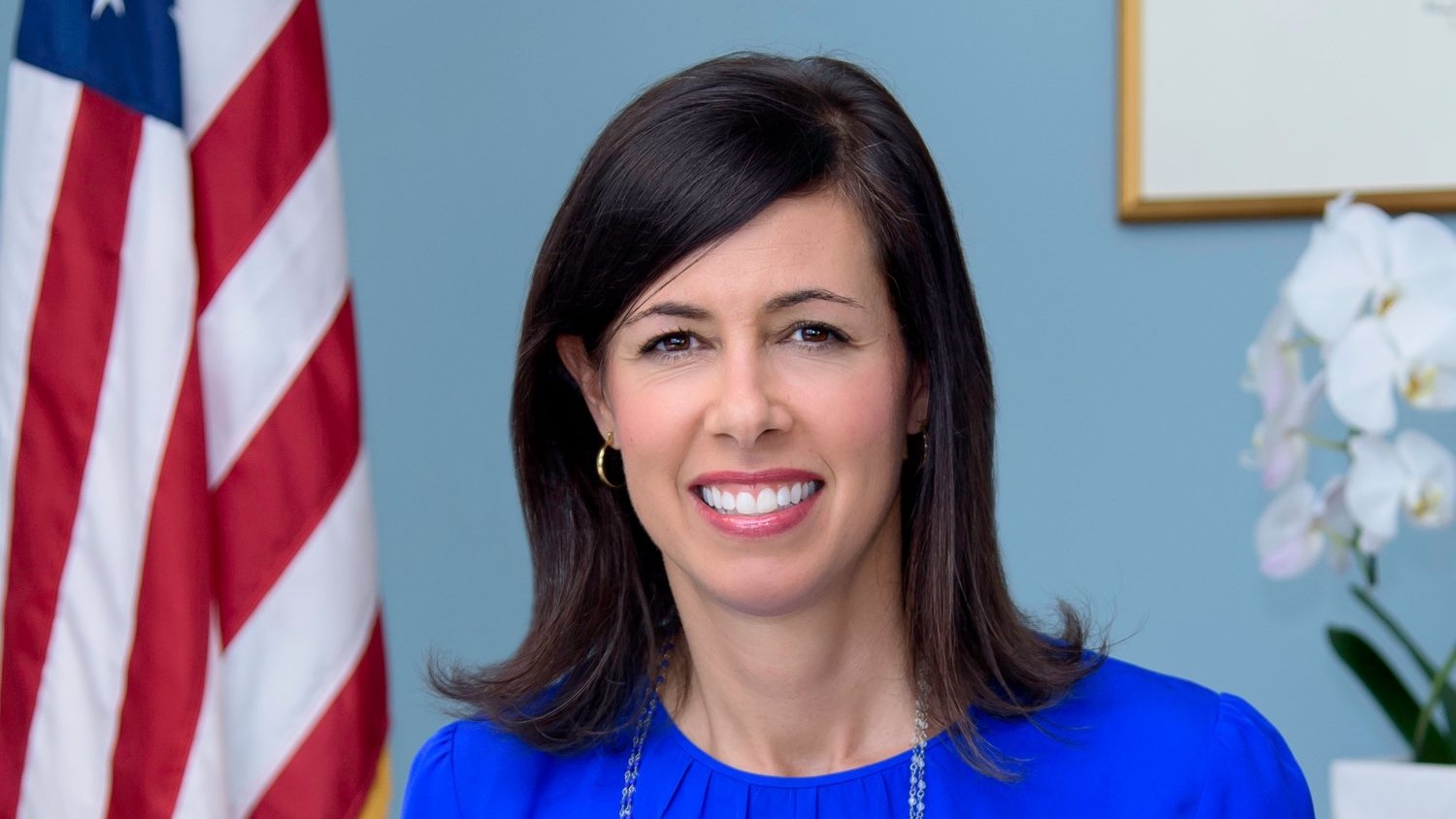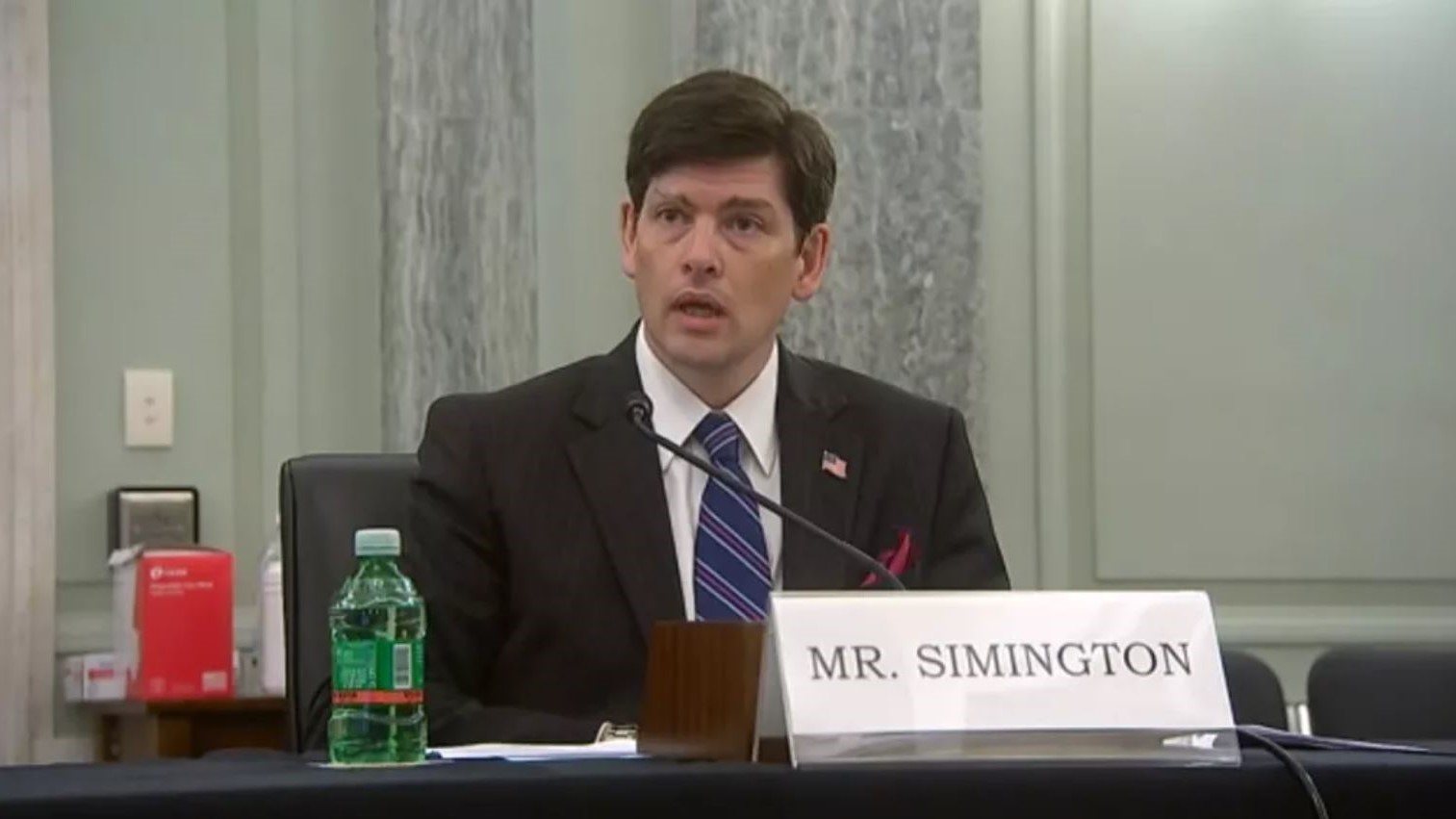
The professional video industry's #1 source for news, trends and product and tech information. Sign up below.
You are now subscribed
Your newsletter sign-up was successful
The FCC is seeking public comment on whether the commission should require cable and satellite pay-TV providers to refund subscribers who face programming blackouts on their cable or satellite television subscription.
In its “Customer Rebates for Undelivered Video Programming During Blackouts” NPRM, the FCC took note of the increasing rate of local TV station blackouts between station groups and pay-TV providers. The release of the NPRM is the second of two proposals targeting blackouts FCC Chairwoman Jessica Rosenworcel previewed last fall; the first proposal targeting reporting rules for blackouts was dropped late last year.
While blackouts have increased in frequency over the years, they get more notice during the NFL season, and in particular the playoffs—now in full swing—so announcing such a proposal now is more likely to get attention.
“Over the past decade, subscribers have faced an increasing number of programming blackouts because their cable operators and satellite television providers have failed to reach “retransmission consent” agreements for carriage of local broadcast stations with the licensees of those stations,” the commission said in a statement. “Even though those subscribers lose access to video programming that they expect to receive, they do not always receive a rebate for the loss of service. The Notice of Proposed Rulemaking seeks comment on whether and how to require cable and satellite providers to issue rebates to subscribers in the event of a blackout.”
Rosenworcel added her two cents:
“When viewers lose the ability to watch the local news, their favorite show or sports team on their cable or satellite service because of a retransmission blackout, they are not getting what they paid for,” she said. “And that’s not right. That’s why we’re starting a conversation about the best way to ensure that when viewers turn on that screen, they get what they pay for.”

The proposal got some pushback from Republicans on the commission, including Nathan Simington who said the proposal creates "zero consumer welfare," noting that many consumers aren't even aware when blackouts occur or when they're resolved and that, in many cases rebate amounts would be so small, it's not worth the bureaucracy it would take to impose such a policy.
The professional video industry's #1 source for news, trends and product and tech information. Sign up below.
"Is the consumer who may not have even noticed the blackout made whole, or do they get a couple of bucks' worth of credit on their next bill that they didn't anticipate, don't understand, and may call about?" Simington mused. "And does the sports fan who was deeply impacted and personally offended by the blackout feel satisfied with a rebate that gives him change back from a Costco hot dog? (And, recall, this is more than consumers are likely to get for a time increment like this once this scheme is implemented.) "

"And yet this will be the new normal as it relates to blackout rebates: a confusing, yet fairly distributed, pittance that costs money to administer, creates consumer confusion, and makes literally not one consumer psychologically whole—at the expense, to be clear, of marginally higher MVPD costs driven by marginally higher retransmission consent rates that I have every reason to expect will swamp whatever consumer welfare could have even arguably been contained in this item."
Pay-TV advocate American Television Alliance issued a statement, noting that 200 blackouts occurred in 2023 alone and criticizing broadcasters' "greed," that has seen retrans fees increase by "1,529%" since 2010.
“Every single service disruption involving broadcast stations occurs because broadcasters want consumers to pay more money and cable and satellite providers want consumers to pay less money,” said ATVA spokesperson Cora Mandy. “So, in proposing to require cable and satellite companies to offer refunds when they refuse to meet broadcasters' outrageous pricing demands, the FCC seeks to punish the wrong set of parties. In doing so, it will cause higher bills for the consumers it hopes to protect.”
This proposal is the latest consumer protection effort from the FCC under Chairwoman Rosenworcel. In addition to its NPRM on new rules on reporting station blackouts, the commission and has also proposed requiring “all-in” pricing information in cable and satellite billing and promotional materials, and limiting junk fees—like early termination fees—on cable and satellite services.
Specifically, the FCC wants feedback on how cable and satellite pay-TV providers currently handle blackouts and what methodology to calculate the rebate amount, and perhaps most importantly, whether the FCC has the authority to impose such blackout rules on cable and satellite TV. This could perhaps provide a preview of how such authority could be expanded to cover so-called “virtual” MVPDs like Hulu+ Live, Sling TV and Youtube TV, services that mimic pay-TV packages but are currently exempt from retransmission rules.
Tom has covered the broadcast technology market for the past 25 years, including three years handling member communications for the National Association of Broadcasters followed by a year as editor of Video Technology News and DTV Business executive newsletters for Phillips Publishing. In 1999 he launched digitalbroadcasting.com for internet B2B portal Verticalnet. He is also a charter member of the CTA's Academy of Digital TV Pioneers. Since 2001, he has been editor-in-chief of TV Tech (www.tvtech.com), the leading source of news and information on broadcast and related media technology and is a frequent contributor and moderator to the brand’s Tech Leadership events.

